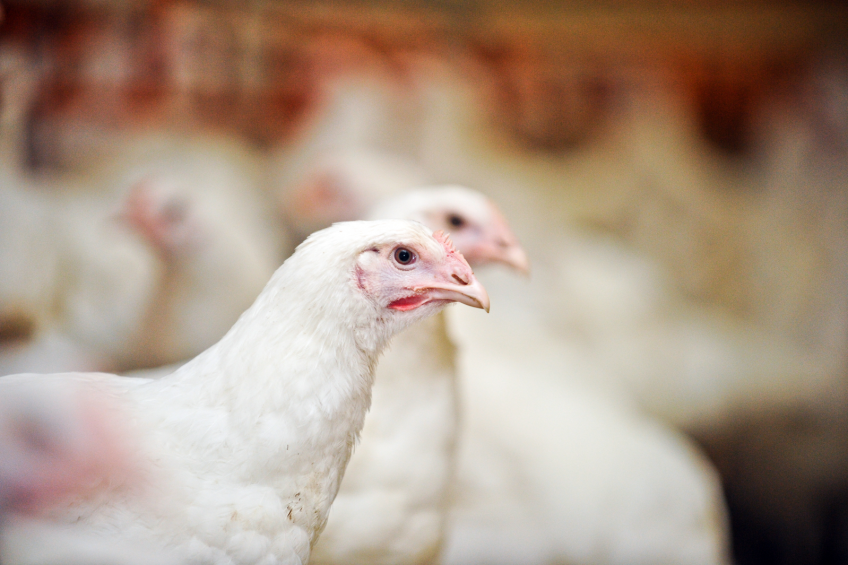Flavonoids and their effect on broiler immunity

Quercetin, among other flavonoids, is under investigation as feed additive for poultry due to its antioxidative properties. Researchers from the Agricultural University of Athens therefore have put this additive to the test whether it can modulate the immune status of the birds.
Flavonoids, naturally occurring plant secondary metabolites, are currently under investigation as feed additives in poultry for their antioxidative properties. Antioxidative agents are important for poultry nutrition as they reduce lipid peroxidation, a major concern for the organoleptic characteristics and nutritional value of meat and eggs, and can prolong poultry product shelf life. Apart from potent antioxidants, flavonoids have been shown to possess immunomodulatory and in particular anti-inflammatory properties. Quercetin, a flavonoid belonging to the class of flavonols, is present in several fruits, vegetables and herbs and has been shown to improve oxidative status of broiler meat when added to the birds’ feed and was detectable in the plasma and in several tissues of the animals. Quercetin has been shown to act as an anti-inflammatory agent in mice and in humans.
Effect on immune function and status
So far studies on flavonoids in poultry examine, in addition to meat oxidative status, effects on growth performance and other productive traits, including meat and egg quality parameters. The effect of quercetin on broiler meat quality parameters has been tested before as well. This particular study investigated the possible effects of dietary quercetin on parameters of broiler immune function and status. The Greek researchers examined parameters of cellular and humoral immunity, lymphoid organs size and cellularity and thymus subset composition to determine whether the immunomodulatory properties of quercetin exhibited in other animals are manifested in broilers when it is included in their feed. Animals received or 0.5 gr quercetin per kg feed or 1 gr quercetin per kg feed or a control diet.
Difference in IgY titres
The researchers did not find differences between dietary treatment groups in cellular immune response or immune status (P>0.05). Interestingly, while total and IgM antibody titres did not differ among treatment groups (P>0.05), IgY antibody titres significantly increased with increasing quercetin supplementation (P-linear<0.05). Therefore, dietary quercetin did not compromise any of the immune parameters tested but on the contrary enhanced IgY antibody production.
This study was published in the Journal Animal Feed Science and Technology.












